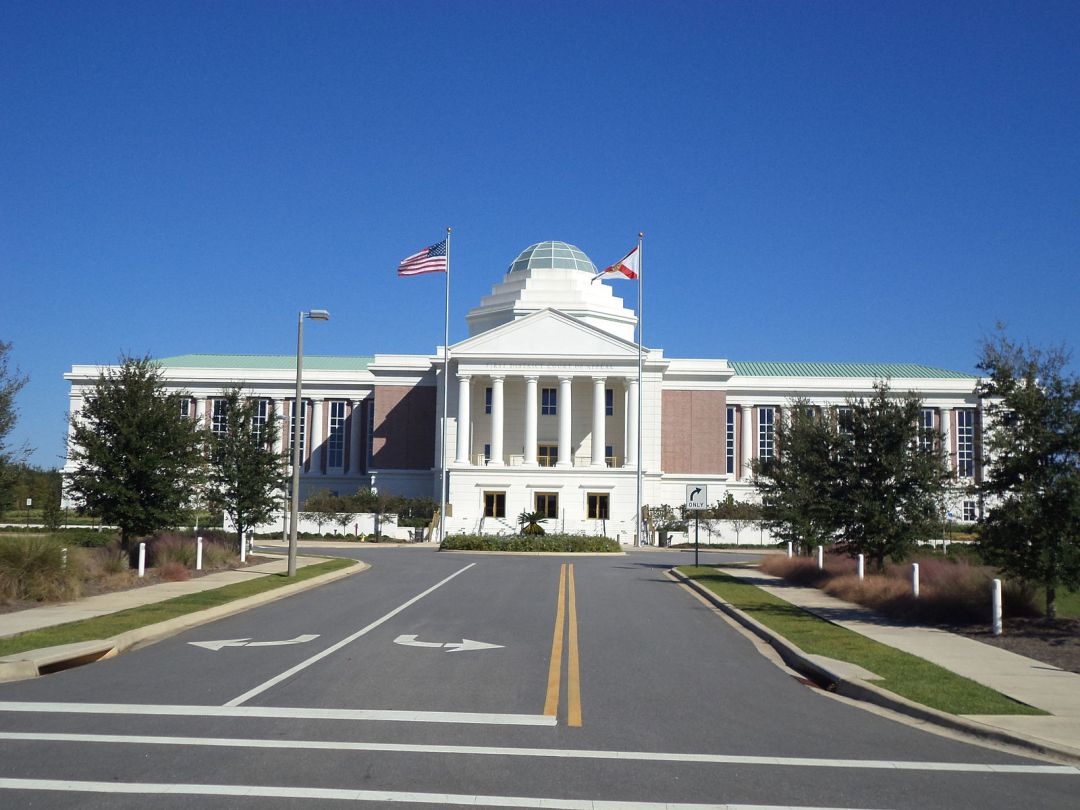For the many victims of the lending scam perpetrated by the Woodbridge Group of Companies, a recent federal court judgment is a ray of hope. The judgment announced on January 28, 2019 in a U.S. District Court in Florida, levies stiff financial penalties on the company, its subsidiaries, and its former owner, Robert Shapiro.
Woodbridge Ponzi Scheme
In December 2017, the U.S. Securities and Exchange Commission (SEC) filed an emergency charge against Woodbridge Group of Companies, LLC and its 281 associated subsidiaries along with former owner and CEO Robert Shapiro. The SEC charged the company and Shapiro with operating a complex Ponzi scheme which ultimately defrauded nearly 8500 lenders, including both professional financial experts and numerous elderly victims who had put forth sizeable portions of their retirement savings. According to the emergency filing, Woodbridge’s fraudulent scheme netted $1.2 billion.
One of the victims, financial advisor and CEO of Balanced Financial, Inc. Greg W. Anderson, created a video to describe the Woodbridge Ponzi scheme, how it worked, and how it affected the victims of the fraud. The video may be viewed by clicking here.
In simple terms, Woodbridge, a luxury real estate developer based in California, and its many affiliates bilked lenders out of money by promising single-digit returns on their dollars. The scheme continued by using subsequent lender funds to pay off the previous round.
The Federal Court Judgment
U.S. District Court Judge Marcia G. Cooke ordered the Woodbridge Group of Companies LLC to pay $892 million in disgorgement to the retail lenders defrauded by the scheme. In addition, Judge Cooke ordered Robert Shapiro to disgorge $18.5 million and interest accrued of the fraudulently-obtained funds and levied a $100 million civil penalty against him.
Further Legal Considerations
Nearly 8500 noteholders were affected by the scheme. Delaware’s state bankruptcy court, court officials approved the company’s rehabilitation plan, which will ultimately generate funds to repay lenders by selling off properties owned by Woodbridge and its affiliated companies.
The SEC also reached a rehabilitation agreement with the company, forging an agreement with Shapiro to pay $125 million in penalties. This, too, should help unitholders recover some of the funds they lost in the scheme. It is estimated that the victims of the fraud will begin to see repayments sometime within 2019.
We may be nearing the end of the legal wrangling in that some in charge of Woodbridge are indicating they ‘anticipate’ exiting the Chapter 11 bankruptcy in February 2019.
Click here to follow the latest updates as the Woodbridge bankruptcy unfolds

I have a considerable amount invested in this so called scheme. it appears that a large amount of real estate must be sold in order for us to be paid anything. do you think we should obtain legal help?
LikeLiked by 1 person
Well I can’t play lawyer for you; but in general the value is all in (mostly California) real estate … the real estate will be sold over time, as deals naturally come under contract, go into escrow and close. The mode set up now is that quarterly the money collected from the R/E sales will then disperse out (per the court’s equation).
The real estate value is there, but it will take some months for the sales to cure out and the money to be available to be dispersed.
I hope that helps – no one can make your money suddenly appear. You are an owner along with me in 138 pieces of real estate.
LikeLike